Gene therapy for sickle cell anemia
Gene Therapy for Sickle Cell Anemia: An Introduction
Gene therapy for sickle cell anemia has been one of the most promising methodologies in the treatment of this genetic disorder. This article takes one deep into the world of gene therapy for sickle cell anemia, where it explores pros and cons, costs, benefits, and new developments associated with the same.
Sickle cell anemia is one of the hereditary blood disorders whereby hemoglobin, a protein in red blood cells that transports oxygen to different parts of the body, is affected. The hemoglobin molecules in people with this condition have particular abnormality, causing them to take on a sickle shape in their red blood cells. This becomes the basis of a number of health complications, such as pain crises, organ damage, and infections.
Is Gene Therapy Available for Sickle Cell Anemia?
Yes, gene therapy against sickle cell anemia is a rapidly developing area of research. Different ways of gene therapy have been explored in attempts to rectify the genetic mutation that causes sickle cell anemia. One such technique involves editing genes with a new tool called CRISPR. It allows modification of the DNA sequence with very high precision.

How Does Gene Therapy Work for Sickle Cell Anemia?
The process typically involves several steps:
- Stem Cell Collection: Hematopoietic stem cells are collected from the patient’s bone marrow or blood.
- Gene Editing: The collected stem cells are genetically modified in the laboratory. Techniques like CRISPR-Cas9 can precisely edit the DNA to correct the mutation or insert a functional gene.
- Conditioning: The patient undergoes a conditioning regimen, which may involve chemotherapy to eliminate existing bone marrow cells.
- Stem Cell Transplantation: The genetically modified stem cells are infused back into the patient. These cells then proliferate and produce healthy red blood cells.
Why choose our gene therapy?
Best in class
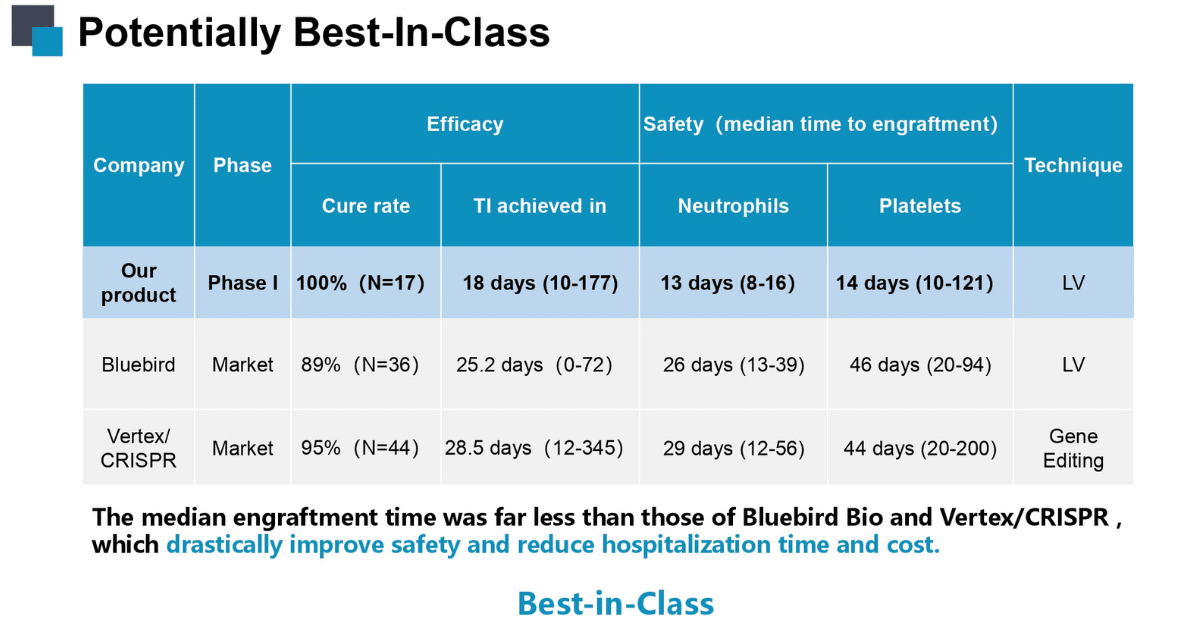
Safety and Efficacy
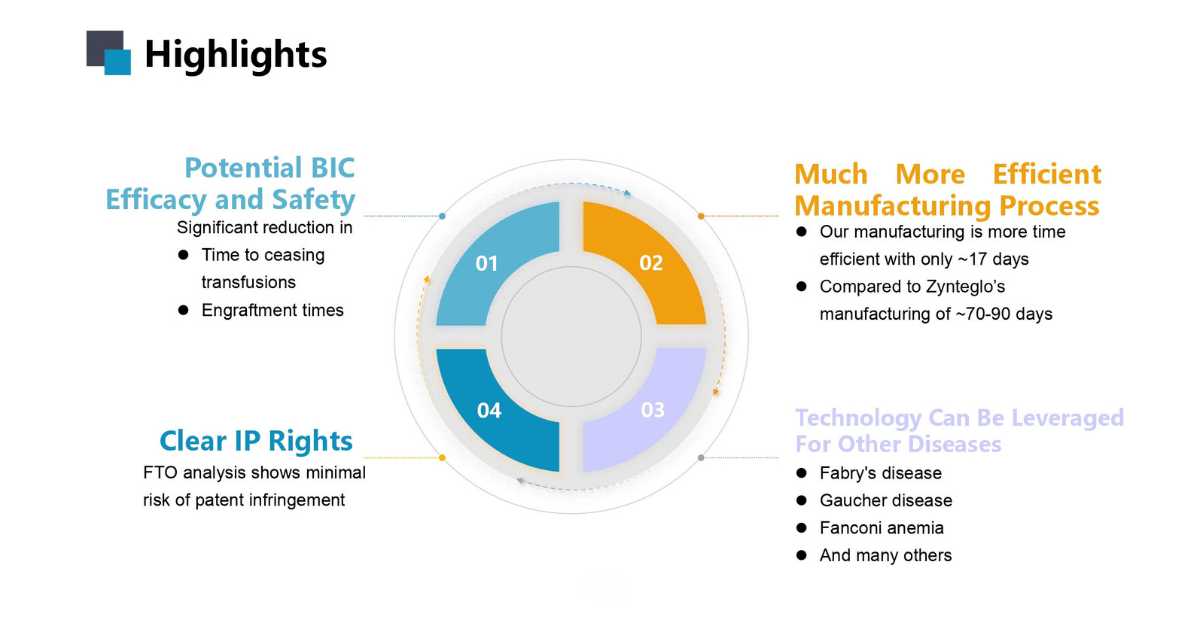
Along with better efficacy and safety, our product brings better quality of life to the patient
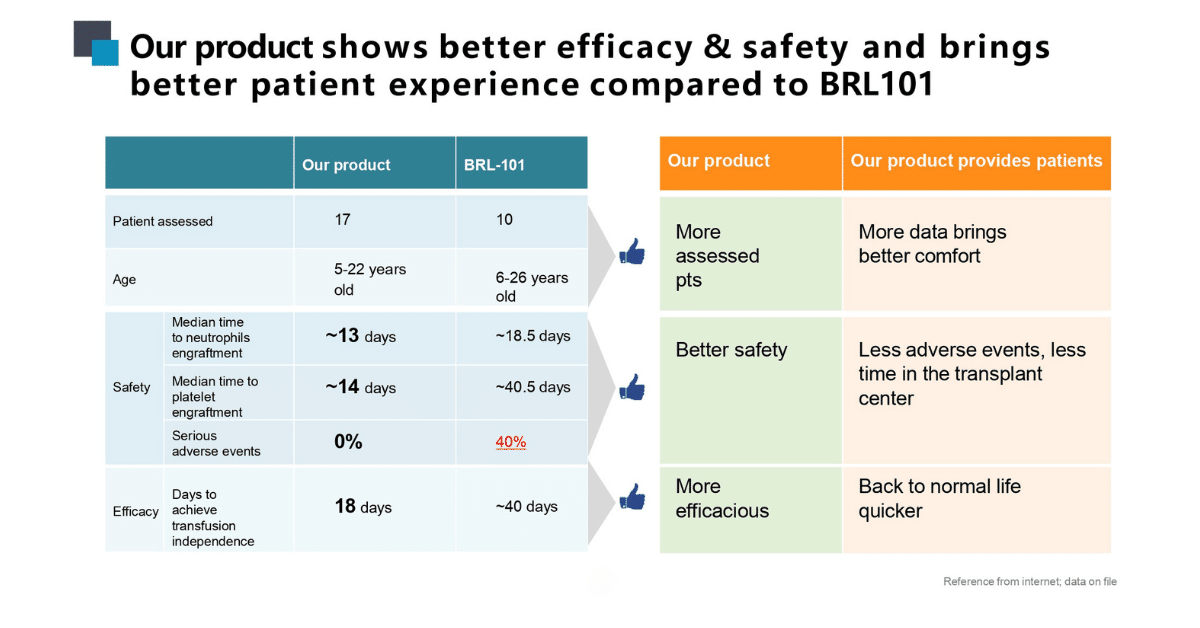
Gene therapy treatment process and time lines
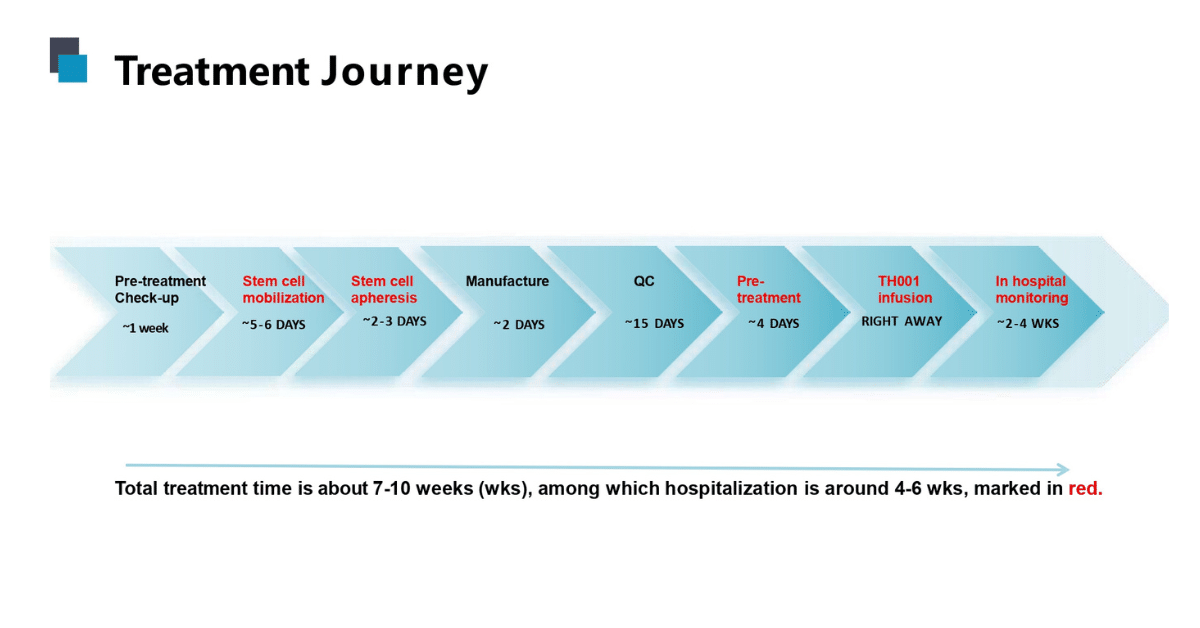
Pros and Cons of Gene Therapy for Sickle Cell Anemia
Pros:
• A one-time treatment which could give a lifetime cure
• Reduced frequency and severity of pain crises
• Improved quality of life for patients suffering from sickle cell anemia
• Cessation or minimization of the painful and time-consuming process of regular blood transfusions
Cons:
• Gene therapies are costly
• Risks and side effects, including immune reactions, may offset benefits
• Long-term efficacy and safety of gene therapy have many uncertainties
• Gene therapy for treating sickle cell disease may not be available everywhere, especially in countries with fewer resources.
Cost of Gene Therapy for Sickle Cell Anemia
The cost of gene therapy for sickle cell anemia will be around 250,000 USD in China, where it is offered as a clinical trial. Gene therapy for sickle cell anemia will vary in cost depending on the type of treatment being utilized, the provider of health care, and the location involved. Gene therapies are now very expensive, running into hundreds of thousands to millions of dollars. It can be presumed that over time and further research, multiple treatments will be developed, leading to a drop in prices.
The cost of gene therapy for sickle cell anemia in the USA can be substantial. Estimates range from $500,000 to over $2 million per patient, depending on various factors such as the specific therapy used, hospitalization, and post-treatment care. These costs pose a significant barrier to widespread adoption, highlighting the need for insurance coverage, government subsidies, and innovative financing solutions to make these therapies accessible.

Advantages of Gene Therapy in Sickle Cell Anemia
- A potential permanent cure for sickle cell anemia
- Reduction in the requirement for continuous medical interventions
- Improved quality of life and health outcomes of affected individuals
- Possible prevention from complications due to sickle cell anemia
Approvals and Availability
CRISPR Gene Therapy for Sickle Cell Anemia
CRISPR-Cas9, a revolutionary gene-editing tool, has been at the forefront of sickle cell gene therapy research. This technology allows for precise editing of the HBB gene, correcting the mutation that causes sickle cell anemia. Early clinical trials have demonstrated the potential of CRISPR-based therapies to produce significant improvements in patients’ conditions.
Gene Therapy for Sickle Cell Disease Approved
In recent years, the US has approved two gene therapies for sickle cell disease. These approvals represent a significant step forward, offering new treatment options for patients. The approved therapies have shown promising results in clinical trials, with many patients achieving long-term remission.
Two Gene Therapies for Sickle Cell Disease Approved in the US
The approval of two gene therapies in the US highlights the progress made in this field. These therapies utilize different mechanisms to correct the genetic defect and have demonstrated safety and efficacy in clinical trials. Their approval paves the way for broader adoption and availability of these treatments.
Gene Therapy for Adults with Sickle Cell Disease
Gene therapy is not limited to pediatric patients; it is also being developed and tested for adults with sickle cell disease. Clinical trials have included adult participants, demonstrating that gene therapy can be effective across different age groups.
Latest Developments
The recent progress in gene therapy against sickle cell anemia is very encouraging. Its treatments have been approved to make their way into clinics, thus offering many people living with the disorder new hope. Researchers continue to find new ways to make gene therapy against sickle cell anemia more effective and safe.
Gene therapy for sickle cell anemia is an extremely promising treatment that may prove to be a cure for what has been a terrible genetic disorder, at least in modern times. There is no doubt that challenges will occur along the way, but present and future research studies give hope that there will soon be light at the end of this tunnel for those suffering from sickle cell anemia.
Keywords: Gene therapy for sickle cell anemia, Pros and cons of gene therapy for sickle cell anemia, Cost of gene therapy for sickle cell anemia, Benefits of gene therapy for sickle cell anemia, CRISPR gene therapy for sickle cell anemia, New gene therapy for sickle cell anemia, Gene therapy for sickle cell disease approved, Gene therapy for sickle cell anemia PDF, How does gene therapy work for sickle cell anemia, Gene therapy for adults with sickle cell disease.
Susan Hau is a distinguished researcher in the field of cancer cell therapy, with a particular focus on T cell-based approaches and cancer vaccines. Her work spans several innovative treatment modalities, including CAR T-cell therapy, TIL (Tumor-Infiltrating Lymphocyte) therapy, and NK (Natural Killer) cell therapy.
Hau's expertise lies in cancer cell biology, where she has made significant contributions to understanding the complex interactions between immune cells and tumors.
Her research aims to enhance the efficacy of immunotherapies by manipulating the tumor microenvironment and exploring novel ways to activate and direct immune responses against cancer cells.
Throughout her career, Hau has collaborated with leading professors and researchers in the field of cancer treatment, both in the United States and China.
These international experiences have broadened her perspective and contributed to her innovative approach to cancer therapy development.
Hau's work is particularly focused on addressing the challenges of treating advanced and metastatic cancers. She has been involved in clinical trials evaluating the safety and efficacy of various immunotherapy approaches, including the promising Gamma Delta T cell therapy.
- Comments Closed
- July 12th, 2024
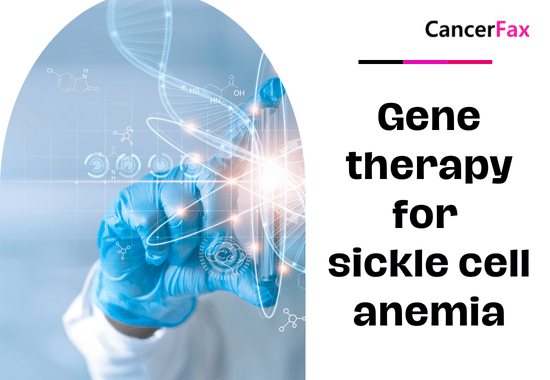



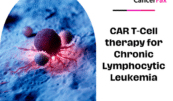
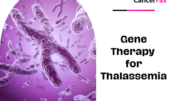
Casgevy treatment, CRISPR cure for SCD, Curative options for sickle cell disease, Exa-cel therapy, FDA-approved SCD treatment, Gene editing for hemoglobin disorders, Genetic cure for sickle cell, Sickle cell anemia gene therapy
🌟 Welcome to Beijing Biotech! 🌟
Thank you for reaching out! We are dedicated to transforming lives through advanced gene therapy solutions for sickle cell disease and thalassemia. Our team is committed to delivering cutting-edge treatments, personalized care, and support on every step of your journey to better health.
Please feel free to ask any questions or let us know how we can assist you. Together, we’re here to make a difference.
Warm regards,
The Beijing Biotech Team